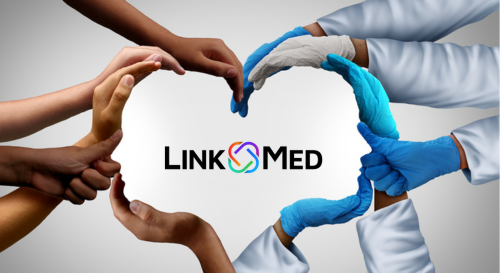Top Tips for Networking in Global Healthcare Communities

In today’s world, networking is a crucial activity in interrelating members of the global medical community. It can open doors to collaboration, innovation, and career advancement regardless of your experience be it a seasoned healthcare professional or fresh out of school student. Here are some of the premier pieces of advice that can help you effectively network in global healthcare communities.
Leverage Medical Online Communities
The uprising of digital platforms has changed how medical professionals network. By becoming part of an online medical community, you will get to interact with your peers who are spread across the globe, share your knowledge, and stay updated about recent developments based on treatment modalities. Common sites like LinkOMed, LinkedIn, ResearchGate, and specialized forums encourage interactions by way of discussions, virtual conferences, and collaborative research projects.
Attending Conferences and Seminars Internationally
The international conferences are one of the most effective ways to meet the representatives of the medical professional community. Such participation will allow you a great opportunity to present your work, learn from leading professionals all over the world, and make great contact for further collaboration. Prepare early, be focused on your networking goals, and plan a follow-up with the professionals after the conference to get the most out of networking opportunities.
Engage in Collaborative Research Programs
Research collaborations with experts of other countries would attract a wealth of membership into your online medical community. Joint research not only develops expertise but also builds long-term professional relationships. You can find international research opportunities through your academic institutions, healthcare organizations, and online medical communities.
Leverage Social Media Wisely
Social media is powerful for networking in the medical professional community. LinkOMed, Twitter, LinkedIn, and other specialized medical networks will enable you to connect with your peers, follow industry leaders, and engage in relevant conversations. Share insightful content, comment on others’ posts, and engage in groups related to your field of operation to raise your profile and establish your knowledge base.
Professional associations and organizations
Joining professional associations is a great way to develop a professional network of healthcare workers globally. Starting from the (World Health Organization) WHO and (International Medical Association) IMA, right up to specialty-specific associations, resources, networking events, and collaboration platforms, one can be an active participant in such associations to build their reputation and come into contact with influential members of the global medical community.
Developing Cultural Competence
Networking in an international medical community requires working knowledge and respect for culture and practice. The principle of cultural competence lays a path for appropriate respect and deeper relationships with international colleagues. Take the time to learn about cultural norms, different communication styles, and healthcare approaches.
Follow Up and Nurture Relationships
Effective networking does not stop at making contacts but requires follow-up and develops a relationship in the circle of medical professionals. Keep in contact with your network from time to time, inform them of what is happening, and help wherever possible. These could blossom over time to prospects of future collaboration, mentorship opportunities, and mutual professional development.
Conclusion
The strategy of networking within global healthcare communities may be one of the influential factors in your career and the whole medical area. With online platforms, international events, collaborative research, social media, professional associations, cultural competence development, and of course, maintaining relationships, here are some ways to get into the global flow of the medical community. Follow these tips in order to develop your professional network and contribute to the development of global healthcare.
